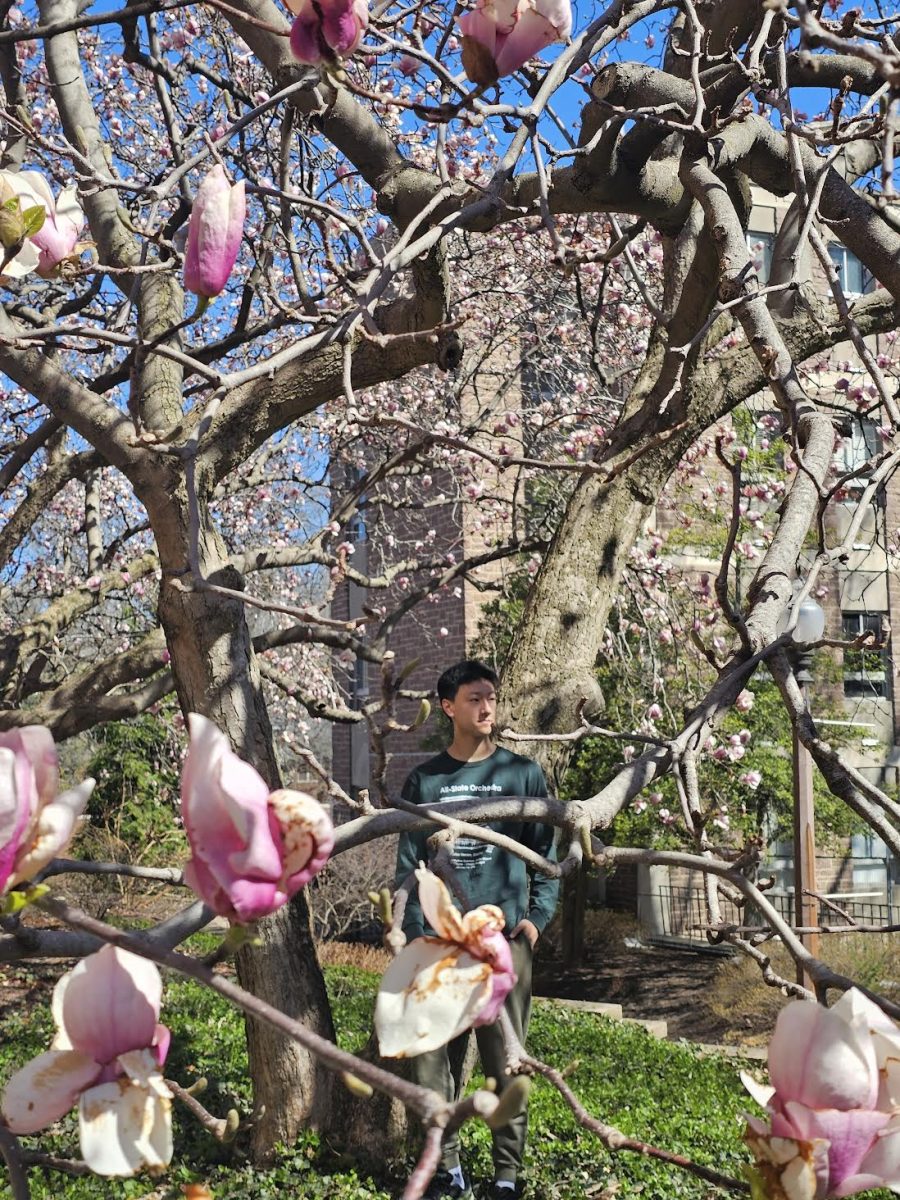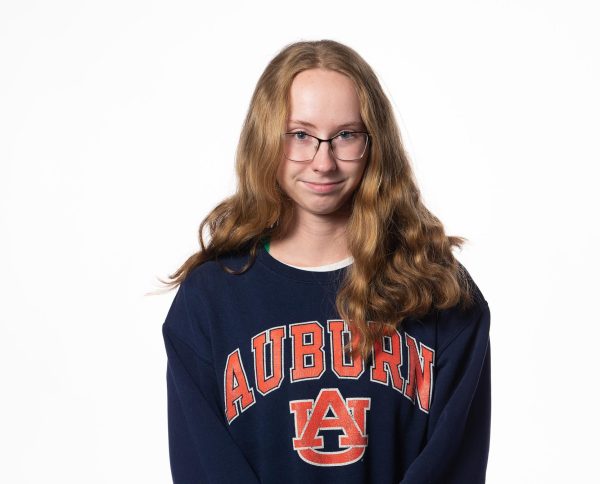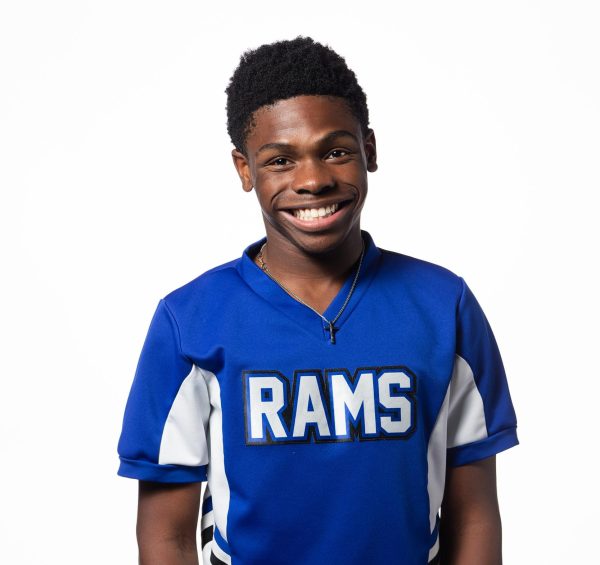Growing up in Florida, social studies teacher Kelley Krejnik witnessed the increased frequency and severity of hurricanes, as well as the rise in “snowbirds,” a person who migrates from the north to the south, typically during the winter months. After seeing how this environmental phenomenon affected the communities around her, Krejnik used a passion for learning and sharing knowledge to educate her students on the dangers of climate change through the class Sustainable Investigations.
“I keep noticing the absence of [climate change] in education, and I feel like my professional obligation is to do the best I can to prepare and empower my students to be able to live peacefully and thrive in the future,” Krejnik said. “From what I have learned about [climate change], we absolutely have to teach it to our students if we want [change] to be possible.”
Krejnik has been teaching at Ladue High School for seven years. Since then, she’s made efforts to educate her students on the environment. Aside from launching Sustainable Investigations, a semester-long course which aims to educate students regarding sustainability and push for a bigger conversation about climate change’s effect, Krejnik sponsors two clubs: Student Action for a Greener Earth Club and Greenhouse Club.
“From the very first meeting, I’ve seen her passion for not only [the greenhouse] and sustainability, but just the environment in general,” assistant principal Andy Ross said. “She commits a lot of time, effort and energy to helping with efforts here at school under that umbrella [of sustainability].”
As Krejnik developed her class curriculum and club efforts, her passion for sustainability reflected upon the students she taught. Phoenix Jegel (12) enrolled in Sustainable Investigations last year. Jegel is also currently doing an independent study period with Krejnik, focusing on ways they can improve the Ladue High School’s sustainability.
“She’s very receptive,” Jegel said. “It’s about what the student wants to do and it’s really nice, because I can say anything. My [independent study] idea has changed five times, and it’s been a month, not even. Every single time she’s been super supportive of whatever I want to get into.”
Through Krejnik’s clubs and classes, she hopes to use her own experiences to educate students about climate change, and ways they can improve personal sustainability. She also aims to encourage students to investigate climate change on their own.
“There’s a lack of knowledge with each [generation],” Krejnik said. “The older people are, the less they know about [climate change]. And yet, it’s the older people who teach the next generation. So we’re always at a knowledge deficit. At some point we’re gonna have to change that. I feel like I have learned enough that I am responsible. I would be irresponsible if I didn’t do what I can to try to share this knowledge with other people.”


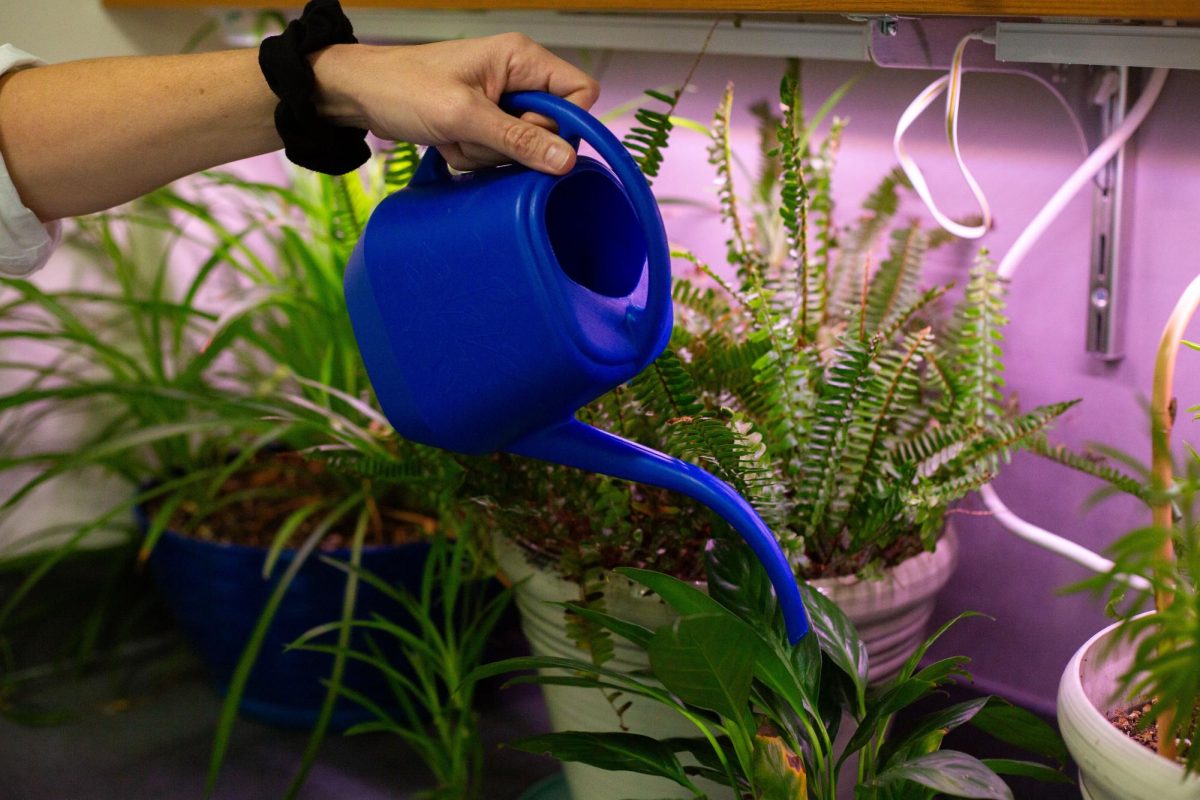
![A client poses for a photo. Although Hannah Hiken (12) enjoys painting nails for others, she prefers to have control of her own artistic freedom. “I do [nails] on myself a lot. I think that's what I really enjoy most,” Hiken said. “Doing it on myself, because I can choose everything I want to do.”
Photo courtesy of Hannah Hiken](https://laduepublications.com/wp-content/uploads/2025/05/IMG_1740-1200x986.jpeg)
![Duckham spends large amounts of her free time reading. Dealing with fewer classes this year, Duckham’s bookshelf at home has seen more use. “I call every book my favorite, but not truly every book [is]. I wrote my dissertation on Herman Melville, so I guess I'd have to say Moby Dick, is definitely one of my all time favorites,” Duckham said. “I really do love both British and American novelists of the 19th century. I tend to prefer nonfiction over fiction. For some reason, I think there's so many great non fiction writers, and I love the whole idea of something being true.
(Photo Courtesy of Janet Duckham)](https://laduepublications.com/wp-content/uploads/2025/05/IMG_6605-1200x900.jpeg)
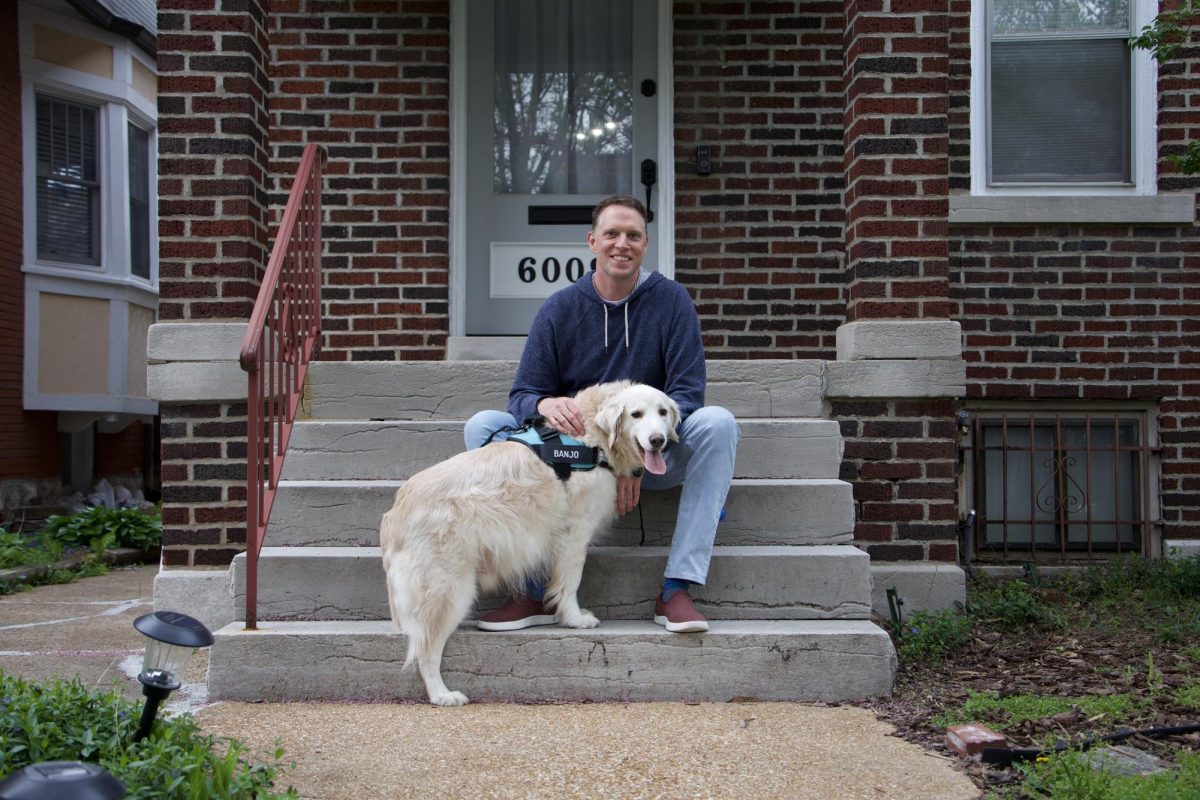
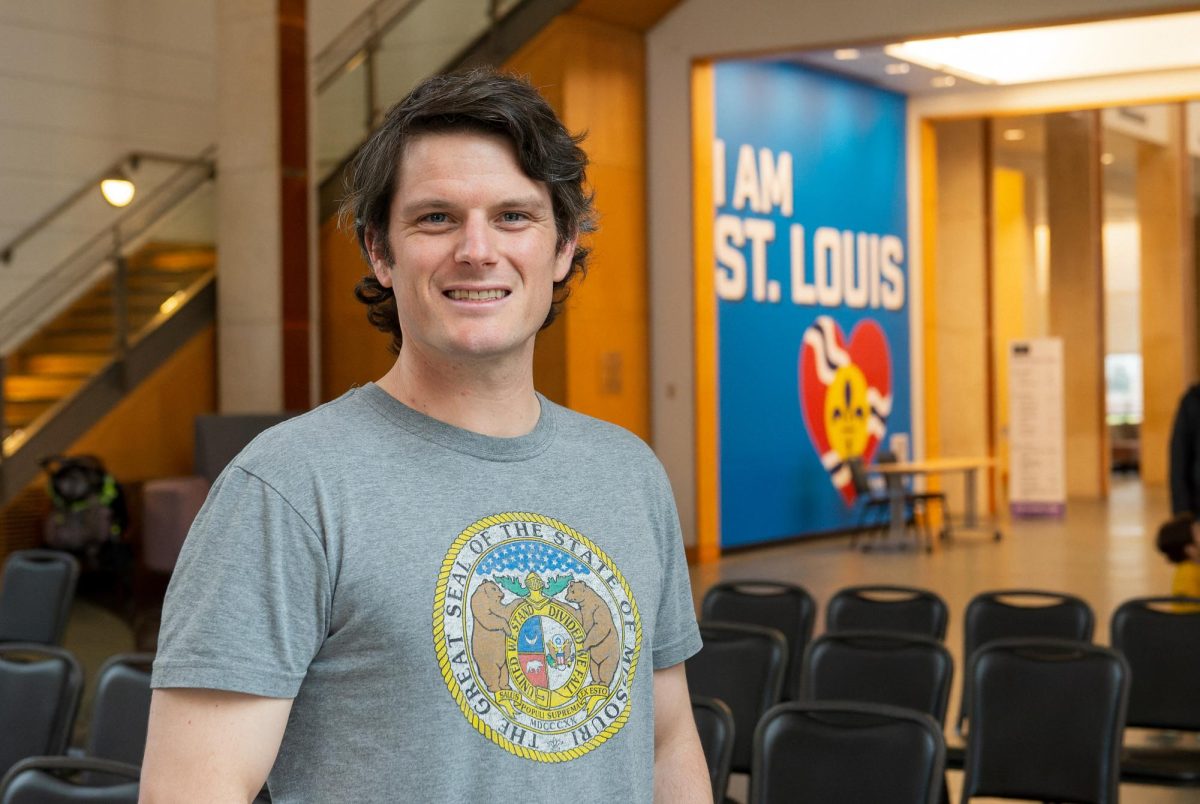
![ABOVE: Duncan Kitchen (10) plucks the strings of his guitar at his home. Duncan’s older brother inspired him to start playing the guitar two years ago. “On any given day [in Alaska], you could walk up the mountain start a campfire [and] play guitar,” Duncan said. (Photos by Vincent Hsiao)](https://laduepublications.com/wp-content/uploads/2025/04/Hsiao_20250325_DuncanKitchen_010-1200x839.jpg)
